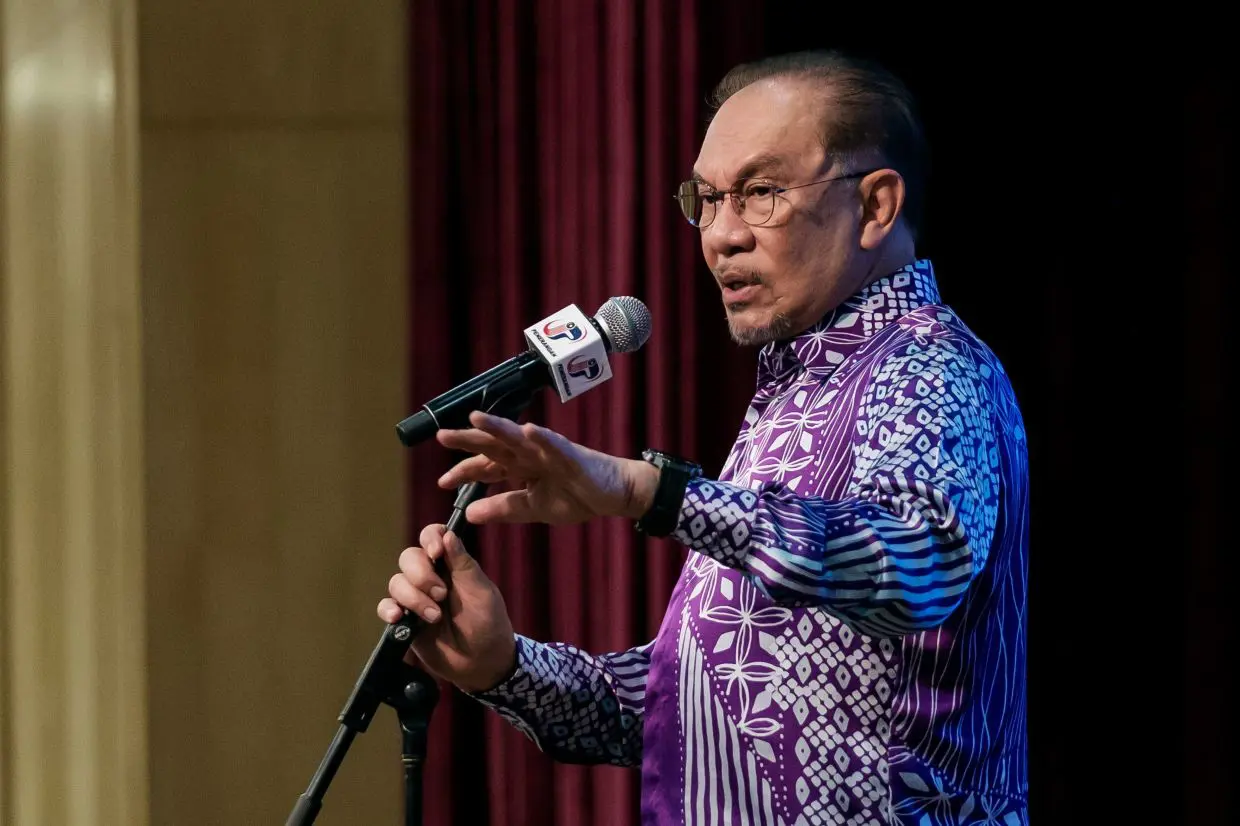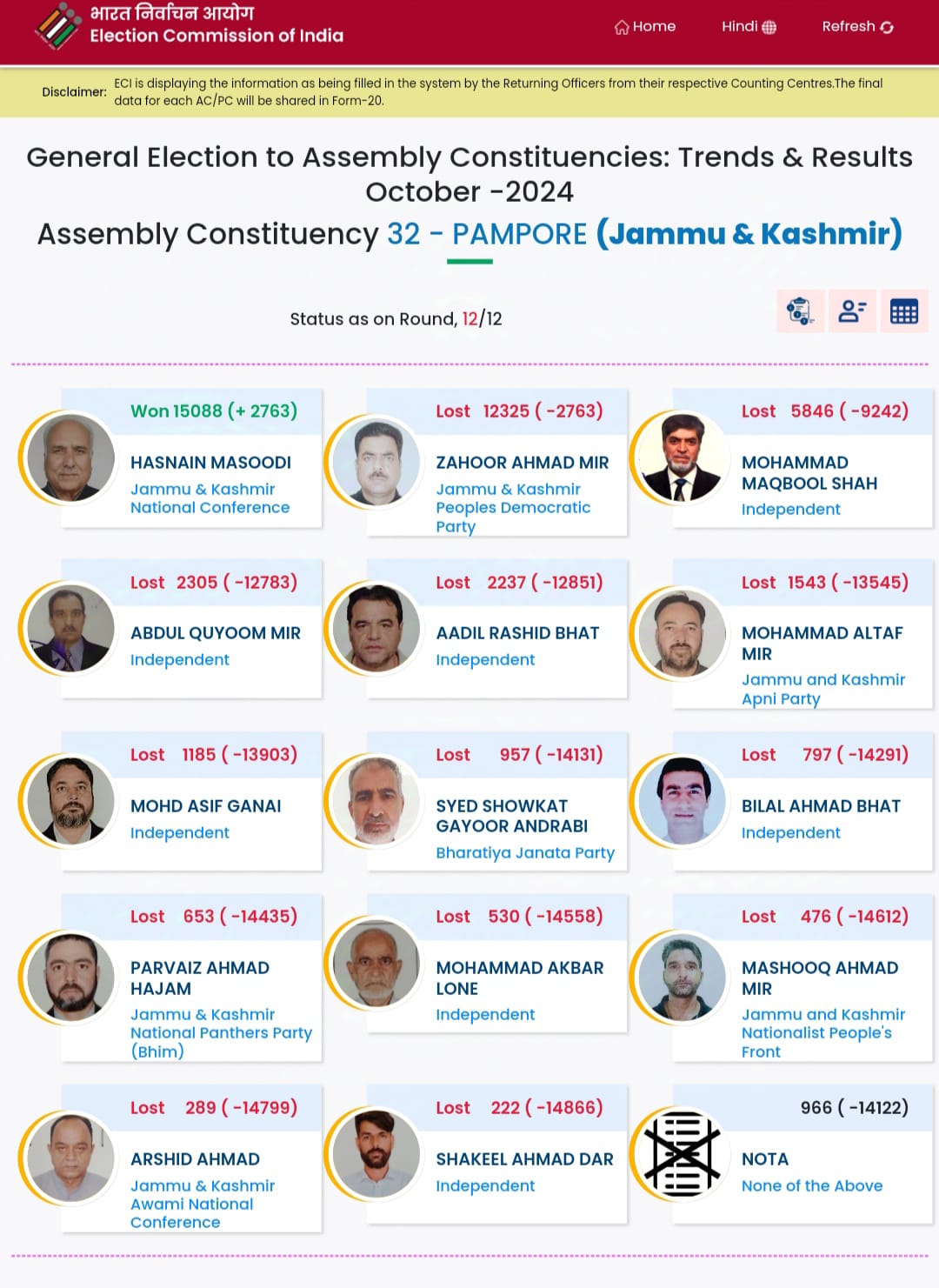In a bold response to the recent terrorist attack in Pahalgam, India announced on Thursday that it is suspending visa services to Pakistani nationals with immediate effect. The Ministry of External Affairs (MEA) confirmed that all existing valid visas issued to Pakistani nationals would be revoked as of April 27.
In addition, medical visas will remain valid only until April 29, and any Pakistani nationals currently in India will be required to leave before their visas expire. The MEA also advised Indian citizens to avoid traveling to Pakistan and urged those already there to return home as soon as possible.
The Border Security Force (BSF), which oversees security along the India-Pakistan border, also announced significant changes. The traditionally ceremonial retreat at the Attari, Hussainiwala, and Sadki border posts in Punjab will be scaled down. The BSF explained that, as part of a “calibrated decision,” the symbolic handshake between Indian and Pakistani border guards will be suspended, and border gates will remain closed during the ceremony. However, other aspects of the daily flag-lowering ceremony will continue, allowing the public to witness the event.
These changes reflect India’s deep concerns over cross-border hostilities and reaffirm its stance that peace and provocation cannot coexist.
Meanwhile, Pakistani nationals visiting India began returning to Pakistan on Thursday through the Attari-Wagah border, just one day after the Indian government set a 48-hour deadline for their departure. This follows India’s broader set of measures, which includes the expulsion of Pakistani military attaches, the suspension of the Indus Waters Treaty, and the closure of the Attari land-transit post.
Several Pakistani families at the border shared their thoughts as they prepared to leave India. Shaikh Fazal Ahmad from Karachi, who had visited Delhi to meet relatives, said, “We came here on April 15 and are returning today. Whoever is responsible for the Pahalgam attack is completely wrong. We want peace and friendship between our nations, not hatred.”
Others, like Mansoor, echoed similar sentiments, expressing disappointment over the attack and the decision to expel all Pakistanis. “The attack was wrong, but I don’t believe all Pakistanis should be asked to leave,” he said.
On the other side of the border, Indian nationals with plans to travel to Pakistan also faced the unexpected closure of the land-transit post. An elderly Indian man from Gujarat, who had planned to visit relatives in Karachi, said, “We were unaware of the closure, but if we need to return, we will.”
Meanwhile, in a significant diplomatic move, India informed Pakistan that it is suspending the Indus Waters Treaty with immediate effect. India’s Secretary of Water Resources, Debashree Mukherjee, explained that Pakistan’s actions, including sustained cross-border terrorism, have hindered India’s ability to fully utilize its rights under the treaty. The suspension was framed as a response to Pakistan’s refusal to engage in necessary negotiations, which is a breach of the treaty’s terms.
As tensions rise, Indian citizens visiting Amritsar have voiced their disapproval of the Pahalgam attack, calling for strong retaliatory actions against those responsible. “Pakistan should be given a strong reply,” said one tourist from Nanded, Maharashtra.
India’s decisions reflect a broader response to the growing security challenges along the border, underscoring the nation’s commitment to protecting its interests while seeking peace and stability in the region.




